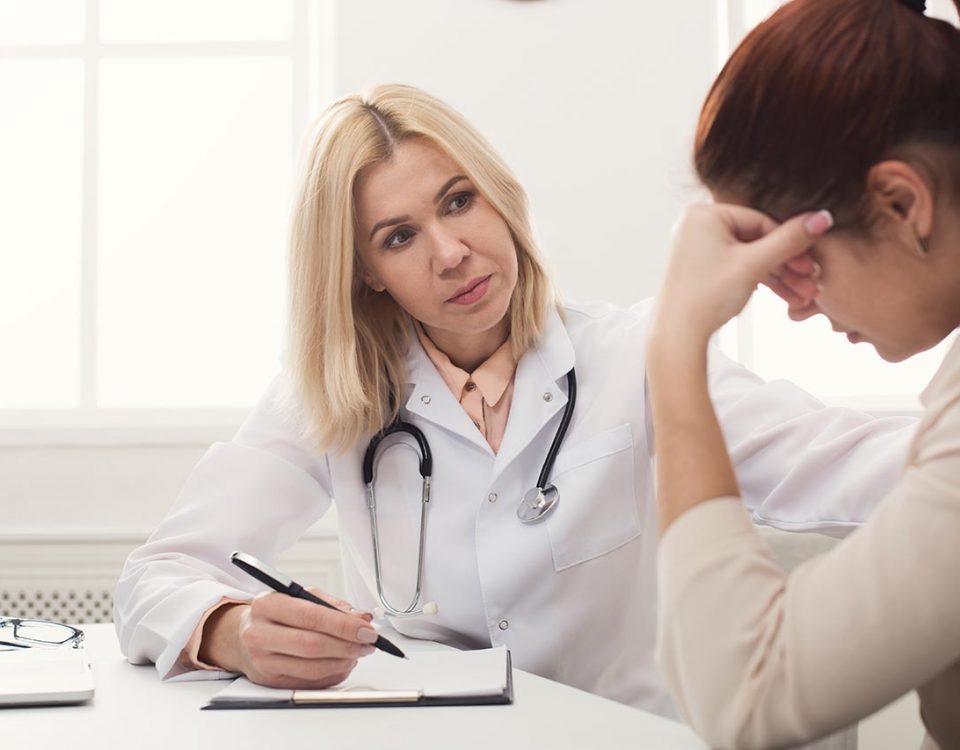Although both men and women can suffer from addiction, women face unique challenges when it comes to substance abuse.
Substance abuse in women is a topic that doesn’t receive as much attention as it should. The prevalence of substance among females is much more serious than we think.
As a drug rehab center in Gilman, we understand the connection between women and addiction. Professional treatment can help women who are unable to quit drugs or alcohol on their own begin their recovery journey.
Substance Abuse in Women
For decades, addiction research only examined substance abuse in men. As time progressed, treatment became geared towards women as well. Since the inclusion of women in addiction studies, researchers have discovered several differences between both sexes regarding the effects of drug and alcohol abuse. While drug and alcohol abuse is more prevalent among men than women, female addiction is still an ongoing concern. The correlation between women and addiction vary depending on the substance in question. Alcohol and opioids are some of the most commonly abused substances among women.
Alcohol
Over 27,000 deaths among women and girls every year are alcohol-related.2 Health conditions that result from alcohol abuse affect women more intensely than they do men. Liver disease, heart health, brain function, breast cancer, and sexual violence are more prevalent among women with alcoholism. Certain biological factors make women more susceptible to these health problems, including weight, amount of water in their bodies, amount of fatty tissue, and enzymes. The fatty tissue in a woman’s body retains the alcohol while the water in their system dilutes it, exposing their organs to high doses of alcohol. Women also have lower levels of two enzymes than men: alcohol dehydrogenase and aldehyde dehydrogenase.3 These enzymes help the body break down alcohol in the stomach. Lower levels of these enzymes allow the bloodstream to absorb more alcohol.
Women with alcoholism can avoid the damage it can cause with professional treatment. At Banyan Heartland, we offer safe and effective alcoholism treatment in Illinois that has helped many of our patients recover from long-term alcohol abuse.
Opioids
According to the combined 2013 and 2014 National Survey on Drug Use and Health results, five million women reported misusing prescription painkillers within the past year.4 Because women are more likely to suffer from chronic pain conditions and depression, they are prescribed painkillers and opioids at higher rates than men. Women are also more likely to seek medical help when they do experience any pain or other ailments, which may also contribute to the high rates of opioid use among women. Unfortunately, opioids misuse can worsen chronic pain and disrupt estrogen production. A prescription pill detox can help flush opioids out of your system and help manage withdrawal symptoms.
While research on addiction in men extends well into the past, studies on drug and alcohol abuse in females are quite recent. As time progresses, more and more studies are being conducted exploring women and addiction.
At Banyan Treatment Centers Heartland, we know that addiction doesn’t discriminate. If you or someone you know is combatting substance abuse, call us today at 888-280-4763 to find out how we can help you.
Sources:
- SAMHSA- Results from the 2013 National Survey on Drug Use and Health: Summary of National Findings
- CDC- Excessive Alcohol Use is a Risk to Women's Health
- NIH- Overview of the role of alcohol dehydrogenase and aldehyde dehydrogenase and their variants in the genesis of alcohol-related pathology
- SAMHSA- How People Obtain the Prescription Pain Relievers They Misuse








